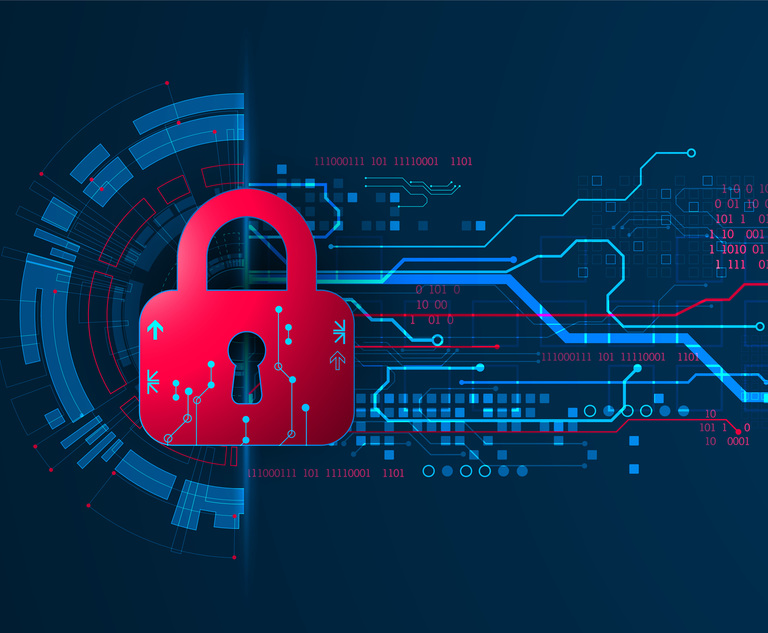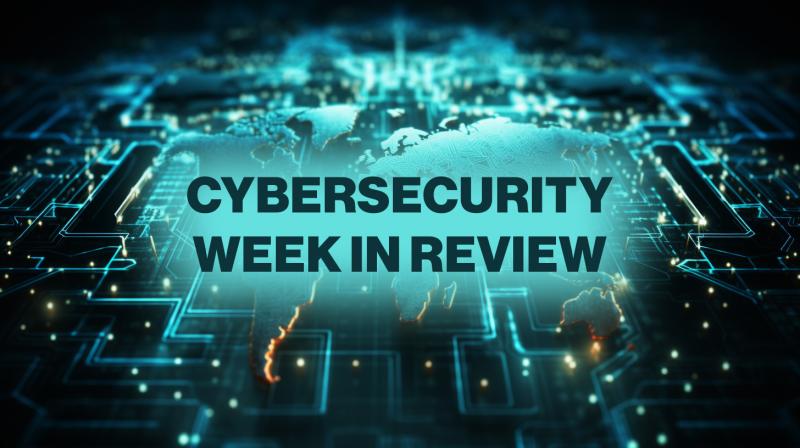Cyber Hygiene Wrap-Up
The 10 Commandments of Cyber Awareness
The grand finale — ten timeless principles to live by in your digital life. A condensed summary of everything learned throughout Cyber Awareness Month.

Awareness isn’t a campaign — it’s a culture. Cyber hygiene isn’t what you know; it’s what you consistently do.

Introduction
After a month of diving deep into phishing, scams, smart devices, privacy, and incident response, it’s time to step back and see the bigger picture. Cyber hygiene isn’t about memorizing rules — it’s about habits that keep you resilient no matter how the threat landscape evolves.
Below are the Ten Commandments of Cyber Awareness — a practical summary designed to stick with you long after this campaign ends.
1. Thou Shalt Use Strong, Unique Passwords
Reusing passwords is the digital equivalent of using one key for every lock in your life. One breach exposes everything.
Use a password manager, create unique credentials for each account, and avoid dictionary words or patterns.
2. Thou Shalt Enable Multi-Factor Authentication
If passwords are your locks, MFA is the alarm system. Even if credentials leak, MFA can block unauthorized access instantly. Prefer app‑based or hardware‑based tokens over SMS.
3. Thou Shalt Keep Systems Updated
Updates fix vulnerabilities faster than attackers can exploit them — when applied promptly. Automate patches wherever possible.
Never delay “just one more day.”
4. Thou Shalt Think Before Clicking
Whether in an email, text, or QR code, stop and ask: “Was I expecting this?” Curiosity and urgency are red flags. Hover over links before clicking, and verify senders through official channels.
5. Thou Shalt Back Up Regularly
Data loss isn’t always from hackers — sometimes it’s hardware failure or human error. Maintain 3‑2‑1 backups: three copies, two media types, one offsite.
6. Thou Shalt Guard Thy Privacy
Treat personal information as currency. Don’t overshare on social media, and review app permissions monthly. If you wouldn’t shout it across a café, don’t post it online.
7. Thou Shalt Secure Thy Home Network
Change default router passwords, use strong WPA3 encryption, and segment IoT devices.
Your smart fridge shouldn’t be able to talk to your work laptop.
8. Thou Shalt Verify Before Trusting
Deepfakes, fake apps, fake profiles — all thrive on misplaced trust. Verify sources, domains, and identities before engaging or sending money.
9. Thou Shalt Respond, Not React
Mistakes happen. If you click, report it. If you suspect compromise, act calmly and methodically. Response beats regret.
10. Thou Shalt Keep Learning
The cyber world changes daily. Stay curious, stay informed, and continue to strengthen your digital intuition. Awareness is not a destination — it’s a mindset.
Why These Ten Commandments Matter
Each rule might seem small in isolation, but together they form the foundation of a resilient digital life. Organizations spend millions on cybersecurity, yet human behavior remains the most common point of failure — and the most powerful defense when informed.
Key Takeaways
- Security starts with behavior, not software.
- Awareness is an ongoing practice.
- The basics, done consistently, outperform any fancy tool.
- Everyone — from interns to executives — has a role in digital safety.
- Culture beats compliance every single time.
Security isn’t a one‑time act — it’s a lifelong habit. The future belongs to those who stay aware.


